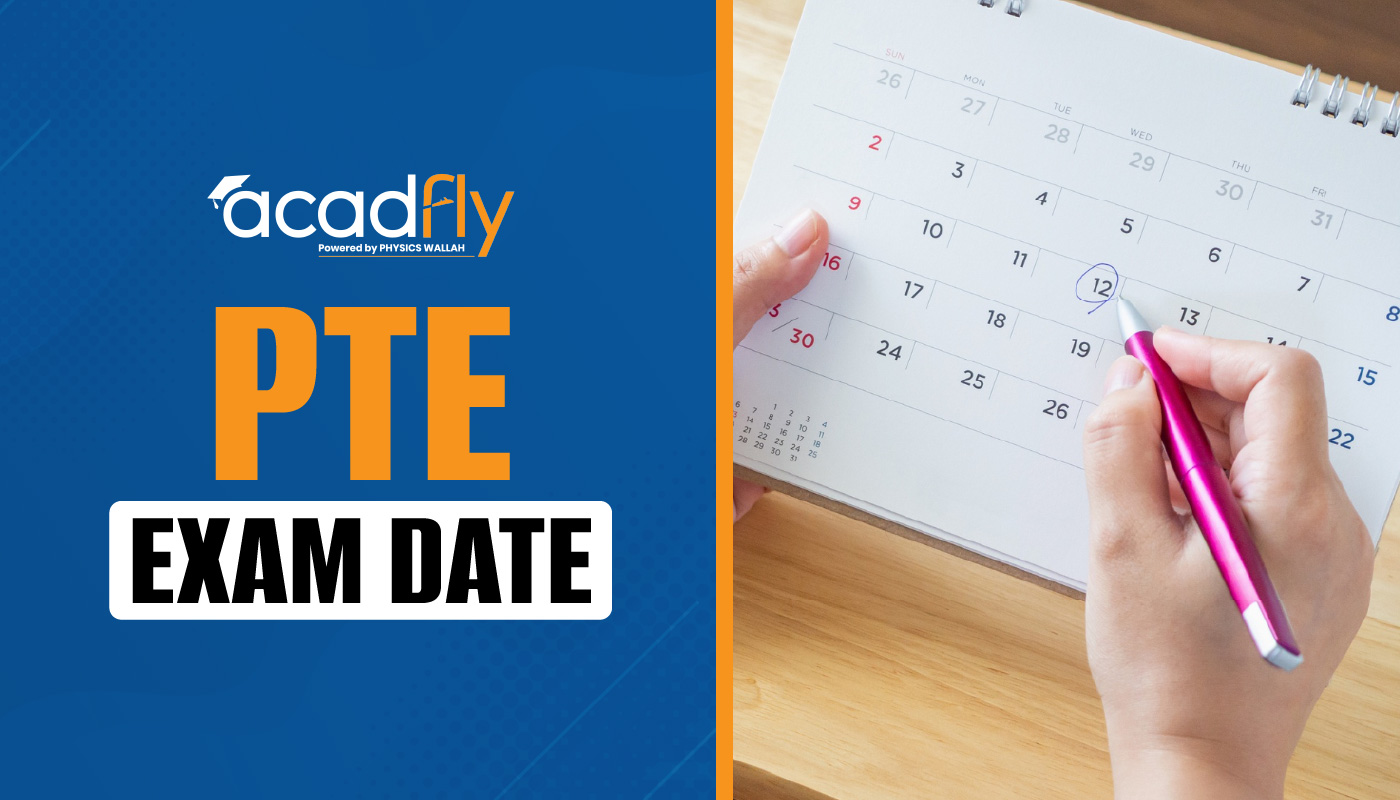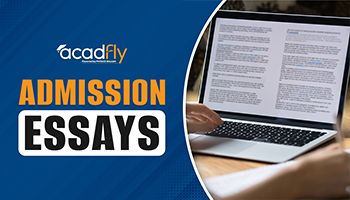

The GMAT Critical Reasoning (CR) section can be one of the most challenging aspects of the test. It requires not only a firm grasp of logic and reasoning but also the ability to apply these skills in a time-pressured environment. This article will delve into comprehensive GMAT critical reasoning strategies, offering detailed insights and practical tips to help you excel. By focusing on key techniques and understanding the types of GMAT logic questions, you will be better equipped to tackle these complex problems with confidence.
What Are GMAT Critical Reasoning Questions?
GMAT Critical Reasoning questions assess your ability to evaluate, analyze, and strengthen arguments. These questions present a brief argument or passage, followed by a question that requires you to identify logical flaws, assumptions, or the best course of action to support or refute the argument. Mastery of these questions involves understanding argument structure, recognizing logical fallacies, and effectively applying reasoning skills.
Argument-Based
GMAT Critical Reasoning questions are centered around arguments presented in a brief passage. These arguments include a conclusion and evidence that supports or undermines the conclusion. For example, if the passage argues that "A causes B," you need to evaluate whether the evidence justifies this conclusion and what could potentially strengthen or weaken the argument.
Answer Choices: The answer choices in GMAT CR questions are crafted to challenge your understanding. They often include:
Strengthening Choices: These are options that make the argument more convincing.
Weakening Choices: These options undermine the argument by introducing counter-evidence or highlighting flaws.
Irrelevant Choices: Some answers may seem relevant but do not address the core argument or question directly.
Types of GMAT Logic Questions
Strengthen the Argument
These questions require you to select an answer that makes the argument more robust. For instance, if the argument relies on a particular assumption, choosing an answer that supports this assumption will strengthen the argument. An example could be a question asking you to choose an option that confirms the link between cause and effect in the argument.
Weaken the Argument
For these questions, you need to choose an answer that introduces information or perspectives that undermine the argument's conclusion. For instance, if an argument claims that "A leads to B," an answer that shows "A does not always lead to B" would weaken the argument.
Identify the Assumption
These questions ask you to find an unstated assumption that the argument depends on. For example, if an argument claims that "All successful people are wealthy," it assumes that success directly correlates with wealth. Identifying this assumption helps you understand the argument's foundation.
Draw a Conclusion
In these questions, you are asked to derive a conclusion based on the provided information. You must synthesize the information and select the conclusion that logically follows from the given premises.
Evaluate the Argument
This type requires you to assess the argument's overall validity and determine which answer option provides the most effective critique. You might be asked to identify which piece of evidence would most significantly impact the argument's strength.
Effective GMAT CR Tips and Strategies
Effective GMAT Critical Reasoning (CR) tips and strategies include thoroughly understanding the argument structure and identifying key components like the conclusion and evidence. Practice analyzing question types and answer choices to spot logical fallacies and strengthen your reasoning skills. Regularly reviewing and discussing practice questions helps refine your critical thinking and problem-solving abilities.
Developing GMAT Reasoning Skills
-
Practice Regularly: Consistent practice is key to improving your GMAT Critical Reasoning skills. By regularly working on practice questions, you become familiar with various question types and patterns, which helps you tackle them more effectively during the actual test.
-
Analyze Answer Choices: Carefully examine why certain answers are correct or incorrect. Understanding the rationale behind each option helps you recognize similar patterns in future questions. For instance, if you consistently see that options that introduce irrelevant details are incorrect, you'll become better at spotting them.
-
Review Mistakes Thoroughly: After practicing, go through your mistakes in detail. Analyze why a particular answer was wrong and why the correct answer was right. This process helps you understand your reasoning errors and prevents similar mistakes in the future.
Solving GMAT Critical Reasoning Questions: Step-by-Step Approach
Read the Passage Carefully
Start by understanding the argument's main conclusion and supporting evidence. Pay attention to key terms and the argument's structure. For example, identify whether the argument is causal, comparative, or evaluative.
Identify the Question Type
Determine if the question is asking you to strengthen, weaken, identify assumptions, draw conclusions, or evaluate the argument. This understanding helps you focus on the specific aspect of the argument relevant to the question.
Evaluate Each Answer Choice
Assess how each option impacts the argument. Eliminate choices that do not address the argument's core issue or that introduce unrelated information. For example, if the argument is about economic impact, an answer focusing on social implications may be irrelevant.
Select the Best Answer
Choose the option that most directly addresses the question and fits the argument's needs. Ensure that your choice aligns with the argument's structure and the specific requirements of the question.
Mastering GMAT CR Tips
-
Focus on Logical Flow: Understand how the argument's statements connect and support or contradict the conclusion. For example, if an argument claims that "A leads to B" and "B leads to C," ensure the logical flow is clear and accurate.
-
Be Wary of Traps: Watch out for answer choices that seem correct but are subtly misleading. For instance, an option might provide additional information that seems relevant but does not affect the argument's core logic.
-
Practice with Timed Sessions: Simulate real test conditions by practicing with time constraints. This helps you build the ability to manage your time effectively and handle the pressure of the actual exam.
Common Mistakes to Avoid
When preparing for the SAT, avoid common mistakes such as neglecting vocabulary development, relying solely on memorization without context, and skipping regular practice. Ensure you actively engage with words through reading and usage, rather than just rote learning, to enhance retention and application. Regularly assess and adapt your study strategies to address weaknesses and improve your performance.
Misinterpreting the Argument
A frequent mistake is misunderstanding the argument’s structure or conclusion. Ensure you accurately identify the main point and how the evidence supports it. Misinterpretation can lead you to choose incorrect answer choices. For example, confusing the argument's main point with supporting details can lead to choosing an option that does not address the actual argument.
Overlooking Assumptions
Many GMAT CR questions hinge on identifying implicit assumptions. Failing to recognize these assumptions can lead to incorrect conclusions. Practice identifying underlying assumptions by asking yourself what must be true for the argument to hold. This will help you understand the logical foundation of the argument.
Rushing Through Questions
While timing is crucial, rushing through questions can lead to careless errors. Take the time to carefully read each passage and evaluate answer choices thoroughly. Effective time management involves balancing speed with accuracy. Prioritize accuracy in your practice sessions to build confidence and efficiency.
Practical GMAT CR Practice Techniques
Practical GMAT Critical Reasoning (CR) Practice Techniques involve developing a systematic approach to analyzing arguments and evaluating evidence. Focus on practicing with a variety of CR question types to understand common logical patterns and traps. Use detailed explanations and review incorrect answers to refine your reasoning skills and improve accuracy.
Incorporate Real GMAT Questions
Practice with real GMAT critical reasoning questions from official GMAT prep materials. This will give you a realistic understanding of question types and difficulty levels. Use official guides and online resources that mirror the actual exam format to familiarize yourself with the test's nuances.
Use Online Resources and Tools
Many online platforms offer GMAT CR practice questions and interactive tools. Utilize these resources to enhance your preparation and track your progress. Websites like Magoosh, Kaplan, and Manhattan Prep offer valuable practice materials and explanations.
Join Study Groups
Collaborating with others who are also preparing for the GMAT can provide valuable insights and diverse approaches to solving critical reasoning questions. Join study groups or forums to exchange strategies and tips. Engaging in discussions with peers can help you see different perspectives and approaches to tackling GMAT CR questions.
Develop a Study Plan
Create a structured study plan that includes dedicated time for practicing GMAT critical reasoning questions. Set specific goals for each study session and track your progress regularly. A well-organized study plan will help you stay focused and ensure you cover all necessary topics.
Focus on Critical Thinking Skills
Beyond practicing GMAT CR questions, work on enhancing your overall critical thinking skills. Engage in activities that challenge your reasoning abilities, such as puzzles, logic games, and analytical exercises. Strengthening your critical thinking skills will translate to better performance on GMAT CR questions.
Frequently Asked Questions
1. What is the best way to improve GMAT critical reasoning skills?
2. How can I effectively manage my time during the GMAT CR section?
3. What are some common traps in GMAT critical reasoning questions?
4. How can I identify underlying assumptions in GMAT critical reasoning questions?
5. Are there any specific resources recommended for practicing GMAT critical reasoning?









